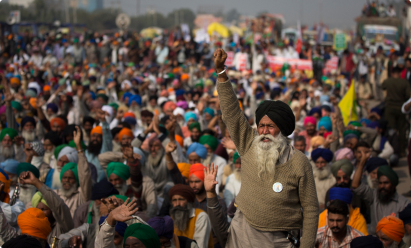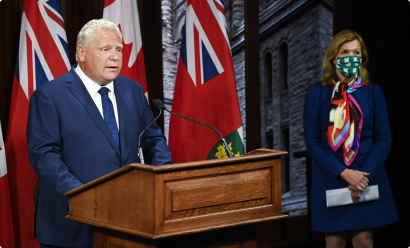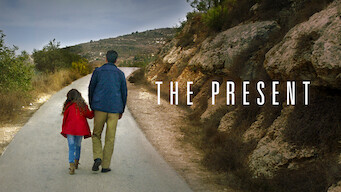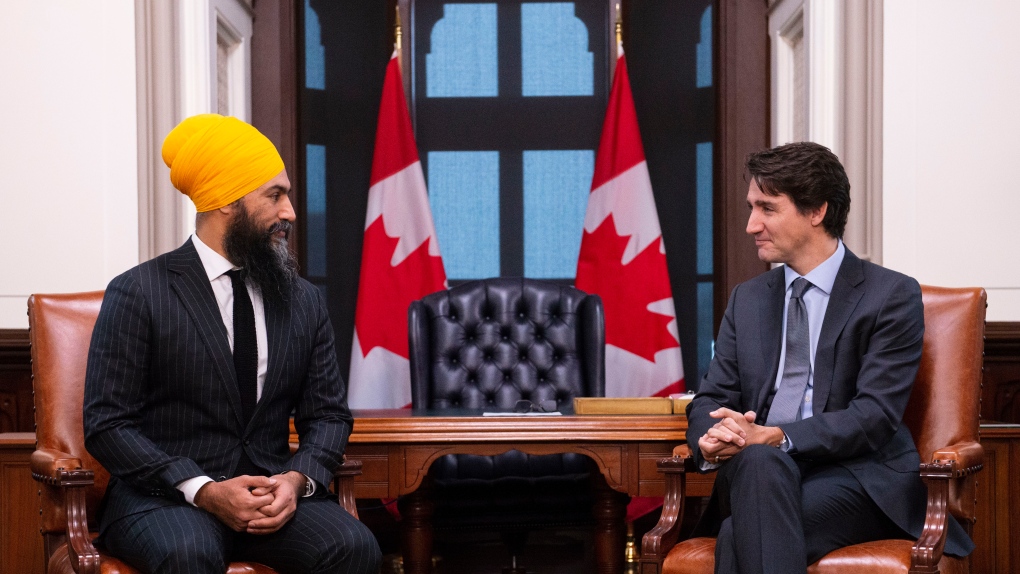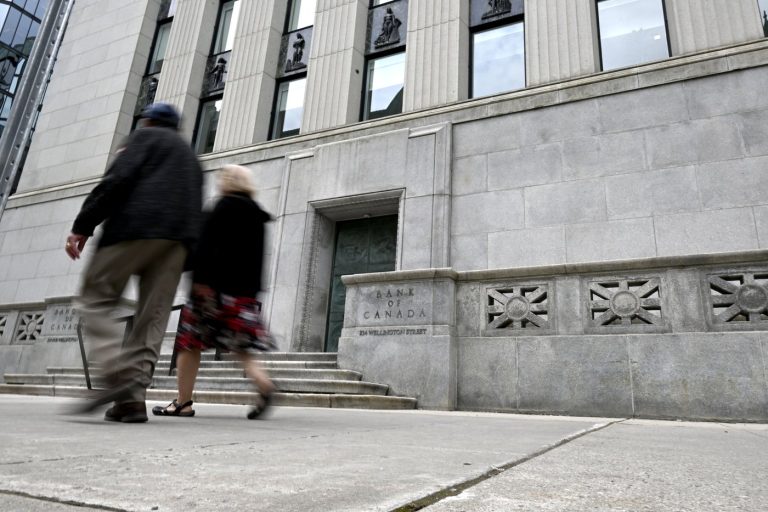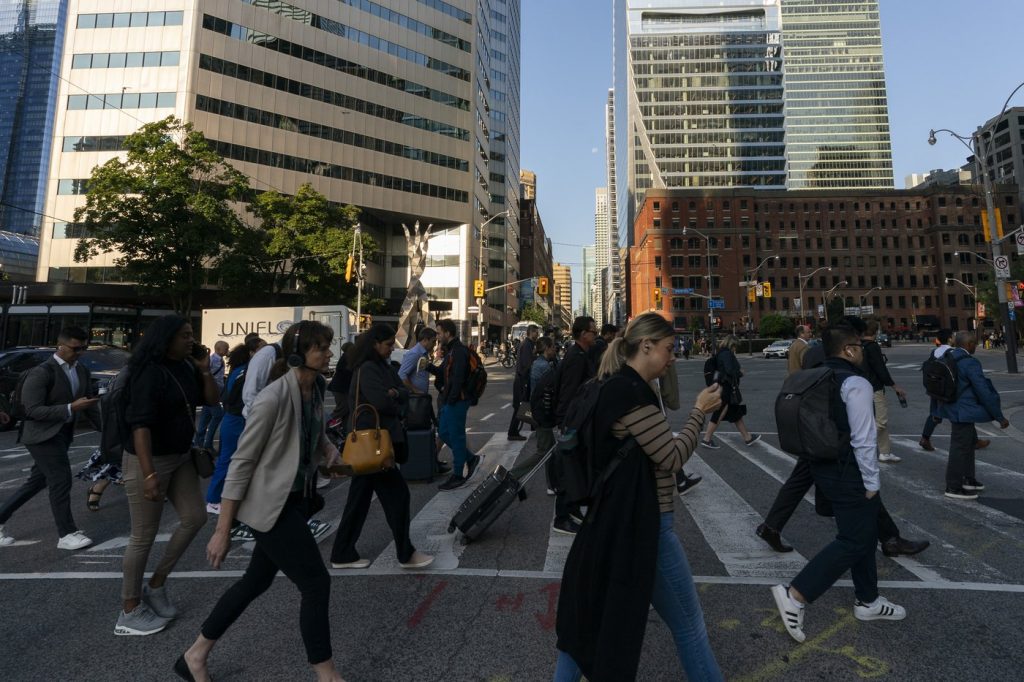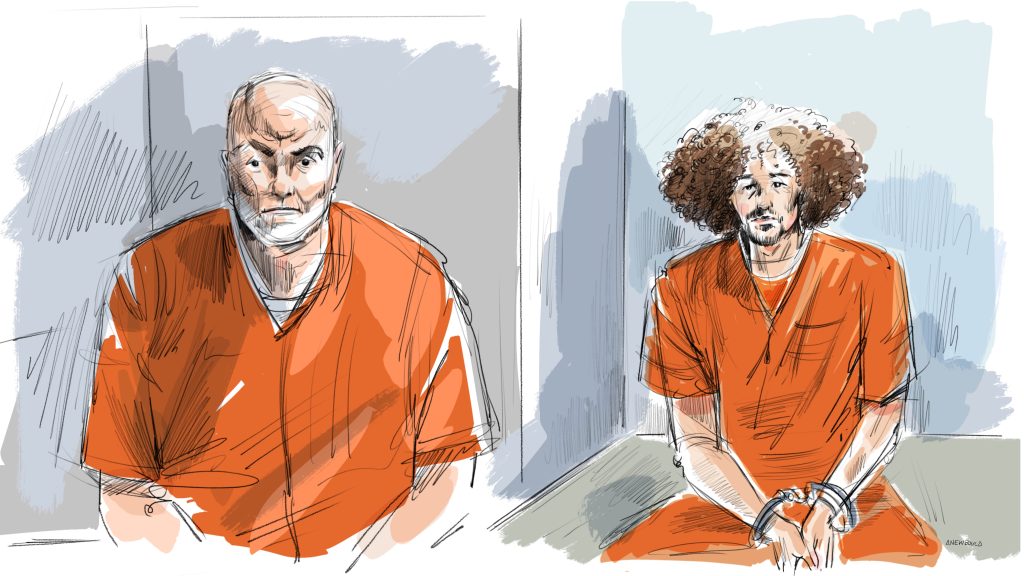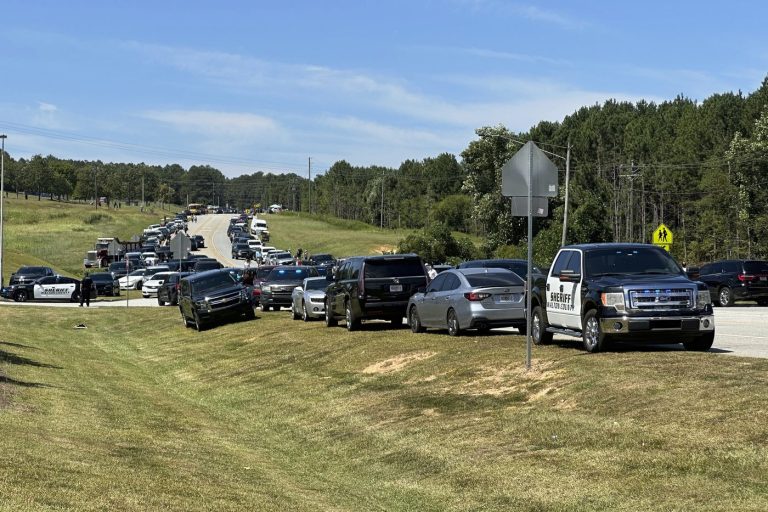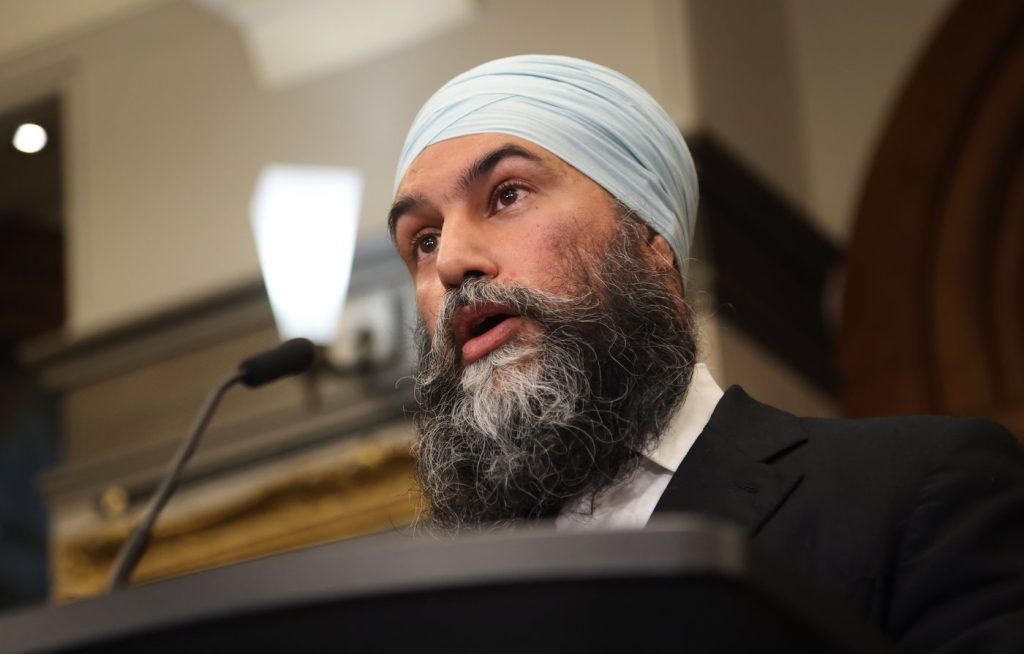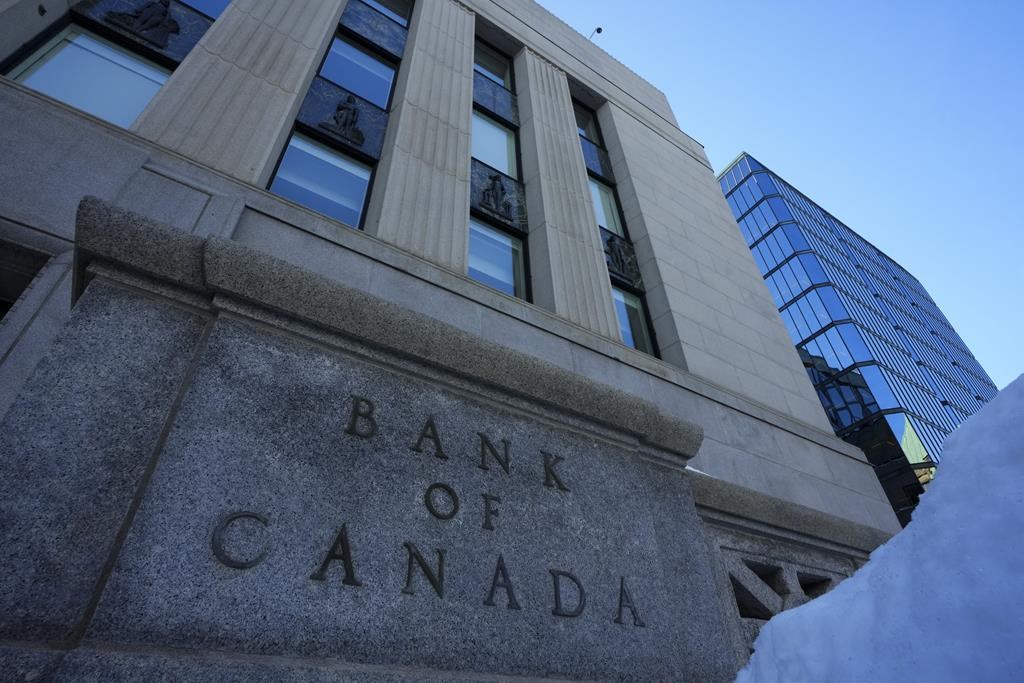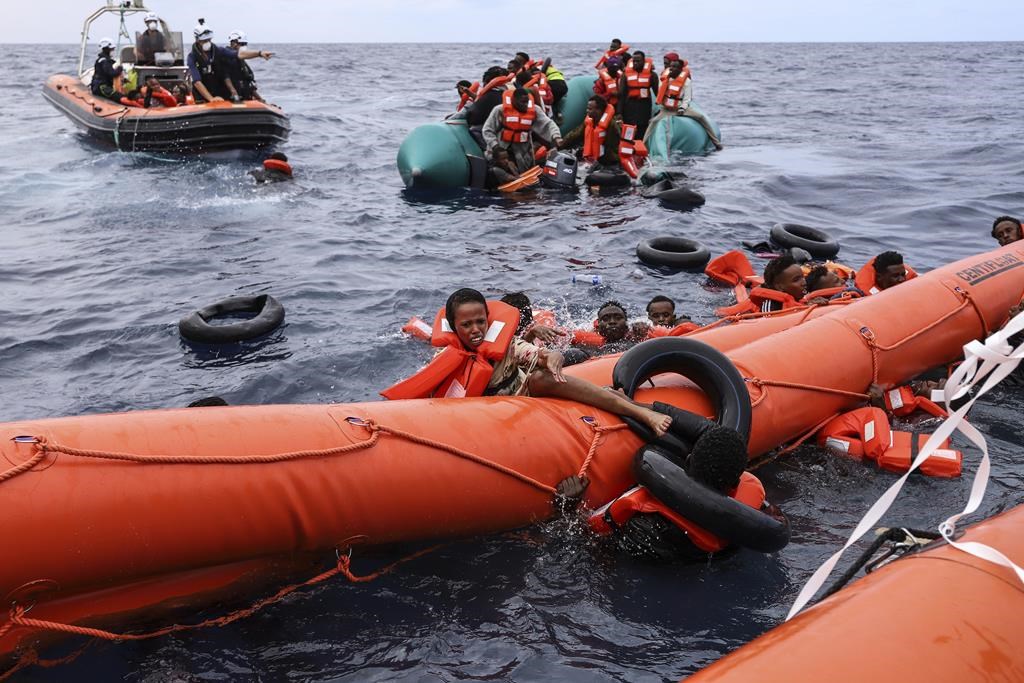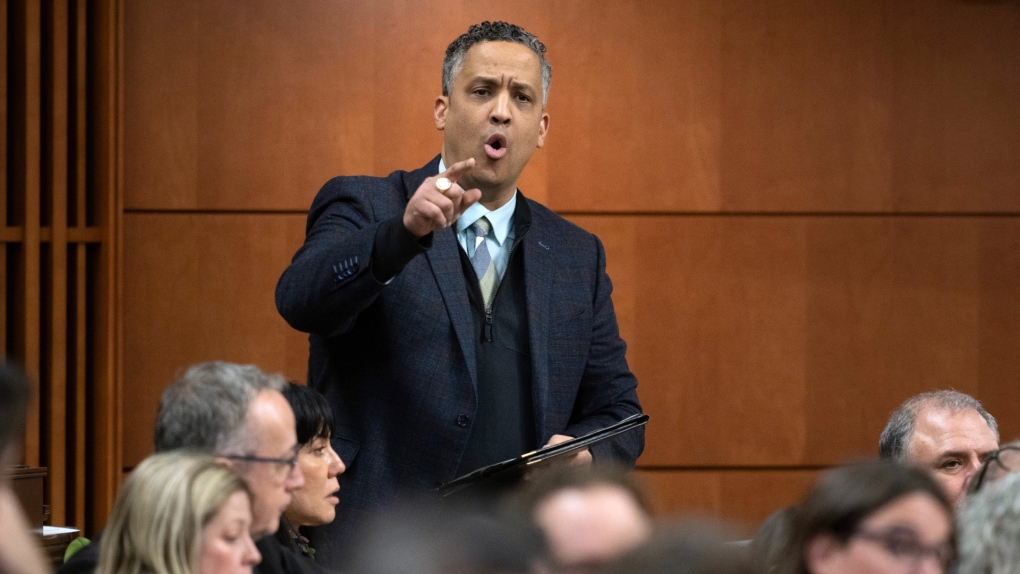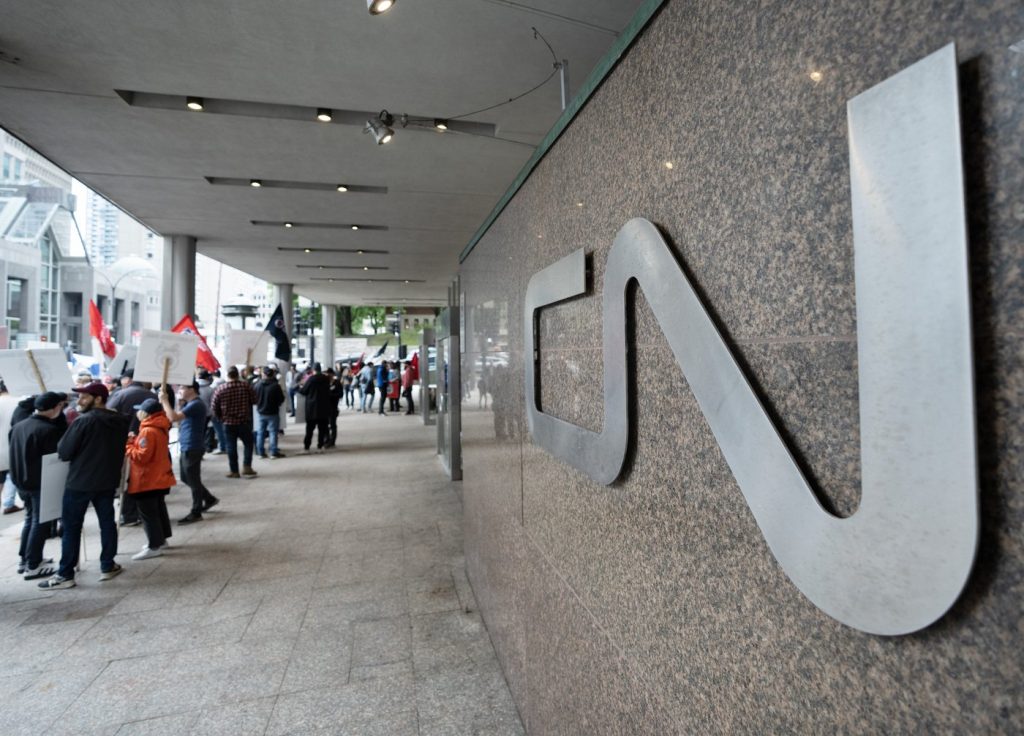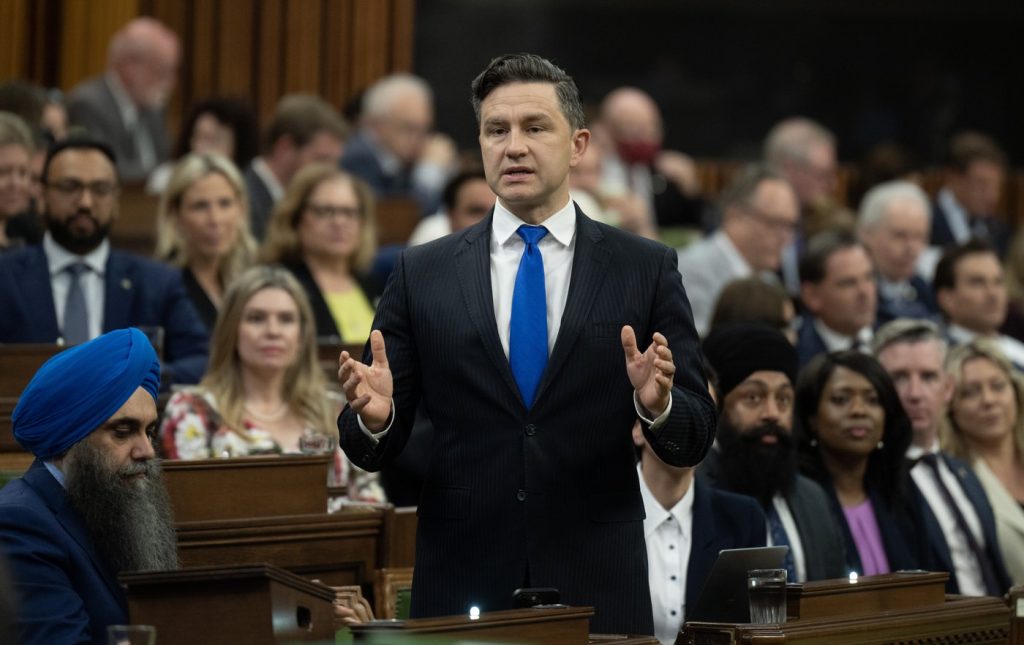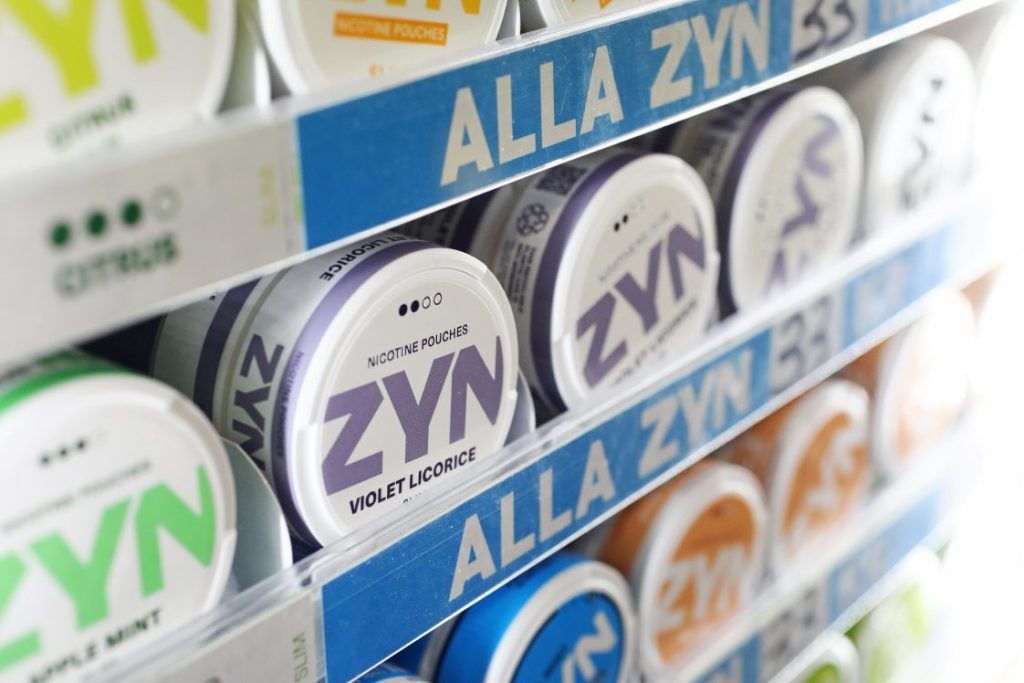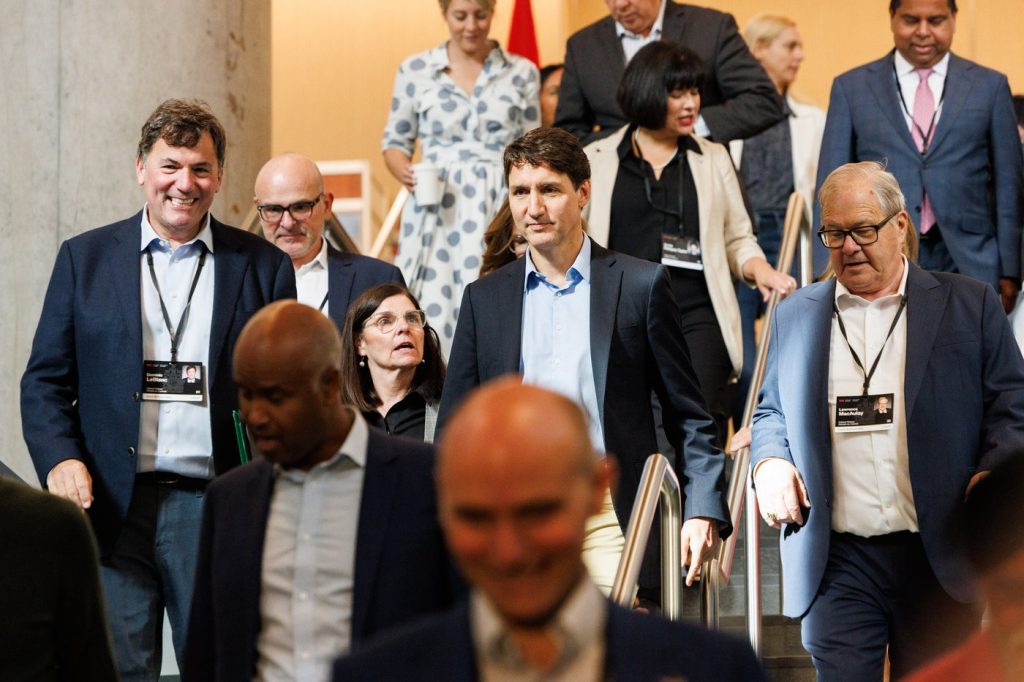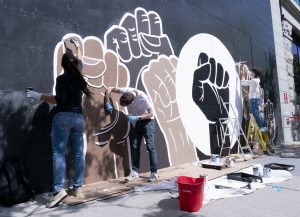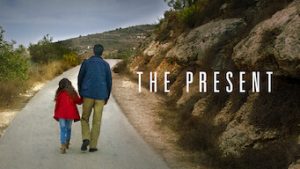
The latest Oscar-nominated short film to hit Netflix profiles the difficulties many Palestinians face navigating Israeli checkpoints in their homes.
The Present—or Al Hadiya in Arabic—is a 24 minute short directed by Palestinian-British filmmaker Farah Nabulsi. Inspired by the experiences of a close friend, Nabulsi said the film follows the journey of a Palestinian man looking to buy a wedding anniversary gift for his wife and the challenges he and his daughter face along the way
At a press conference hosted by Canadians for Justice and Peace in the Middle East (CJPME), Nabulsi pointed out that the English name of the film is a double entendre, highlighting the main plot of the film as well as the realities of life for many Palestinians right now.
Though Farah Nabulsi (@farah_nabulsi) calls the suffering showcased in The Present 'the PG version' of life for Palestinian's right now, Nabulsi said she wanted the film to focus on the tough reality many Palestinians face navigating Israeli checkpoints on a daily basis. pic.twitter.com/bjOMYCnAFc
— OMNI Television (@OMNITelevision) May 12, 2021
“I always say that The Present really is the PG version,” Nabulsi said.
“It’s the simplest, least violent, least horrendous version of what can go wrong at these checkpoints and does happen at these checkpoints.”
Though she admitted the suffering she chose to showcase in the film is just the tip of the iceberg, Nabulsi said she wanted to focus the film on the tough reality many Palestinians deal with on a daily basis.
“With the checkpoints, it’s part of the daily life of so, so many,” Nabulsi said.
“And I think in that sense, I felt more of an urgency to tell that story.”
Nabulsi said the positive response and support for the film has been overwhelming from Palestinians and Israelis alike.
“Some of the most powerful messages I’m receiving, it’s from some Palestinians who are living in Palestine who actually say, ‘thank you. I feel like I’ve been seen’ or ‘this is my daily life’,” Nabulsi said.
“But I’ve also received some lovely emails and messages from Jewish Israelis who very much work to end the oppression and occupation and so forth, and thanking me for the film and commending it.”
